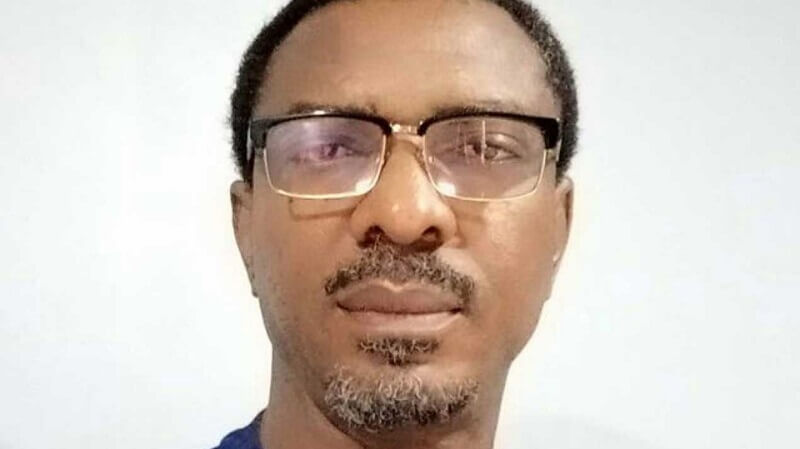The Nigerian Optometric Association (NOA) has decried the relegation of eye care professionals in primary healthcare delivery in the country and warned that it could worsen the incidence of blindness in the country.
President of the association, Dr. Ozy Okonokhua, who disclosed this in an interview with THE WHISTLER said more people, especially in the rural areas of the country risked going blind if eye care specialists are not part of clinical services in the primary healthcare centres.
Advertisement
A Nigeria National Blindness and Visual Impairment survey conducted between 2005-2007, said an estimated 1.13 million individuals aged 40 years are currently blind in Nigeria. A further 2.7 million adults aged 40 years are estimated to have moderate visual impairment and an additional 400,000 adults are severely visually impaired.
Okonokhua disclosed that these figures were no longer valid and that a new survey could reveal more alarming statistics.
The NOA President said the awareness created by the association over the years has led to more cases of visual impairment across the country, but especially in the northern parts of the country.
He said more cases are being recorded due to increase awareness created by NOA and because these diseases now happen at younger age, unlike in the past when blinding conditions were associated with old age.
Advertisement
“We now have children as young as 13 and 14 coming down with glaucoma which is a blinding condition that has no cure yet, we just manage it. Also, the incidence of myopia is on the rise among children of school age. This is attributable to the sedentary lifestyle we now live,” he said.
To save the country from sliding into mass blindness, the NOA President said the association was partnering with the Ministry of Health to find new roles for optometrists in primary healthcare delivery.
“Most govt agencies do not understand the role of the optometrist in health delivery, that’s the challenge I have tried to address. When you’re talking of primary eye care services, the first person you see is an optometrist. The optometrist in the public sector has been relegated to the background by the stakeholders. When it comes to clinic and service delivery, the optometrist is not allowed to play his role in terms of primary healthcare. When you talk about primary health care, the first person you should see is the optometrist,” He stated.
One of the results of that collaboration are two draft policy documents that would incorporate eye care into primary healthcare services. They are the draft policy on National Eye Health and the draft policy on Child Eye Heath. The documents would be passed to the minister of health when concluded.
Ozonokhua also lamented the dearth of optometrists in Nigeria, stressing that the situation was responsible for rising incidence of quackery in eye care, especially in the north where optometrists were even in shorter supply.
Advertisement
He said: “As a matter of fact there is a huge deficit of manpower in the optometrist’s profession in Nigeria. Currently the total number of optometrists we have in Nigeria is not more than 4,500, and that’s a very liberal estimate. We have not accounted for a huge number that leave the shores of this country to seek greener pastures in the Middle East, especially.
“If you situate that with the rising incidence of blinding conditions in the country, you realize that we have a huge deficit of manpower as far as eye care profession in the country is concerned.
“Thats why I have advocated for the opening up of more training institutions. Most of these optometrists are in the Southern parts of this country and also in the urban areas. So, it creates a huge need for the services in the rural areas and especially up north where our numbers are almost insignificant.
“And that has also created room for a lot of ill-trained persons and those specialized in quackery to take over the services of optometric services up north. We have cases of many quacks that have been caught of recent in the north. This is just a tip of the iceberg. There are so many cases of people going blind because they do not have access to qualified, trained primary eye care provider like the optometrist in the north.”



